Meet Our Alumni
Whether you graduated from the University of Utah last semester or decades ago, your Bennion Center experience provided you with community engaged memories that may still be dear to your heart. Whether your experiences changed the course of your career or laid a foundation for family and community service, share your story. We hope you’ll enjoy hearing from our alums old and new.
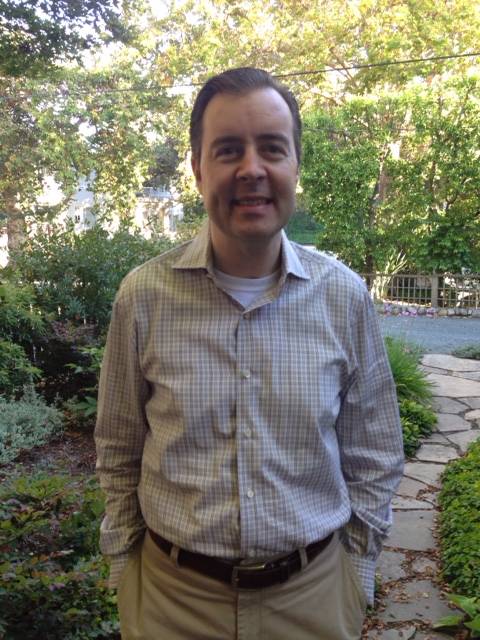
PATRICK MCCABE
It was the era of Ferris Buhler, Ghostbusters and Indiana Jones. At the University of Utah, it was the beginning of the Lowell Bennion Center. And Patrick McCabe was part of the movement.
“I was in student government at the time this idea came forward,” he recalls. “I got interested hearing about it and volunteered to be the liaison with the ASUU.” The idea was to create a way to help University of Utah students serve in the community. Patrick says he asked Lowell Bennion, “What would you like us to do?” Lowell’s response: he needed a group of students to help with projects one Saturday each month.
“I don’t remember what we called it then,” Patrick says, but he took on the task of organizing the group under the direction of Irene Fisher. “I was so impressed with Irene and inspired by her.”
Patrick says he placed ads in the Daily Chronicle asking students to come and volunteer. He says Irene and Lowell both felt meeting needs was their first priority, figuring out the organizational structure would come as they served. “There were yard projects, delivering turkeys for Thanksgiving dinners and tutoring at Salt Lake’s homeless shelter,” Patrick recalls.
In fact, it was his work with the Bennion Center at the homeless shelter that led him to write his honors thesis on whether or not a person has a legal right to a home. He began to explore the idea of using the law to shape and change society. After graduating from the U, Patrick earned a law degree from Cornell and is currently practicing in San Francisco, California.
“I do a lot of work setting up new charities,” he explains. “I’m sure that all stems from my work at the Bennion Center. A fair amount of my work is pro-bono. Those of us who have gone through the Bennion Center have a lot of affection for the center. Students, when granted responsibility, will take it and accomplish a great deal.”
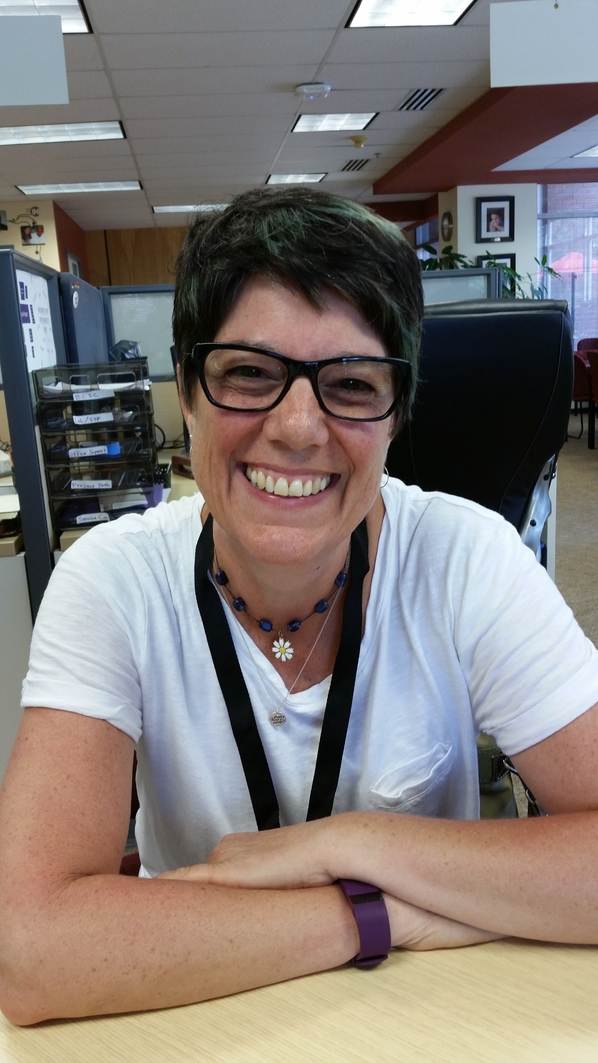
LESLIE (WARNER) DALTON
Leslie Dalton says she doesn’t feel comfortable unless she’s engaged in some sort of community service. She credits the Bennion Center for her civic awareness.
In 1990, Leslie was a freshman at the U. She discovered the AIDS awareness program that was then one of the Bennion Center service opportunities. That started her service career. She was one of the first group of Bennion Center service learning scholars and eventually became president of what was then called the Bennion Center Student Association.
“I took Irene Fisher’s class on the legislature and became a lobbyist for the PTA (Parent Teacher Association),” she recalls with a laugh. “I never would have gone there if it hadn’t been for her.”
Leslie graduated in 1994 and used her legislative experience to lobby for children’s health issues while raising her children. In 2012, she got her teaching certificate from Utah Valley University and has spent the last five years working as an English teacher at Mountain Ridge Jr. High in Highland, Utah.
She’s been active in Operation Safety Net, a suicide prevention campaign for LGBTQ youth. She also incorporates service learning in her junior high classroom. “In the community where I teach, those kids are very privileged – probably some of the most privileged in the state. I don’t think they understand what it means to need.”
Currently working on a master’s degree in education, Leslie plans to continue developing service learning activities for her students. “I want them to look outside of themselves and see a different side of things. I want them to see what their privilege can be used for.”
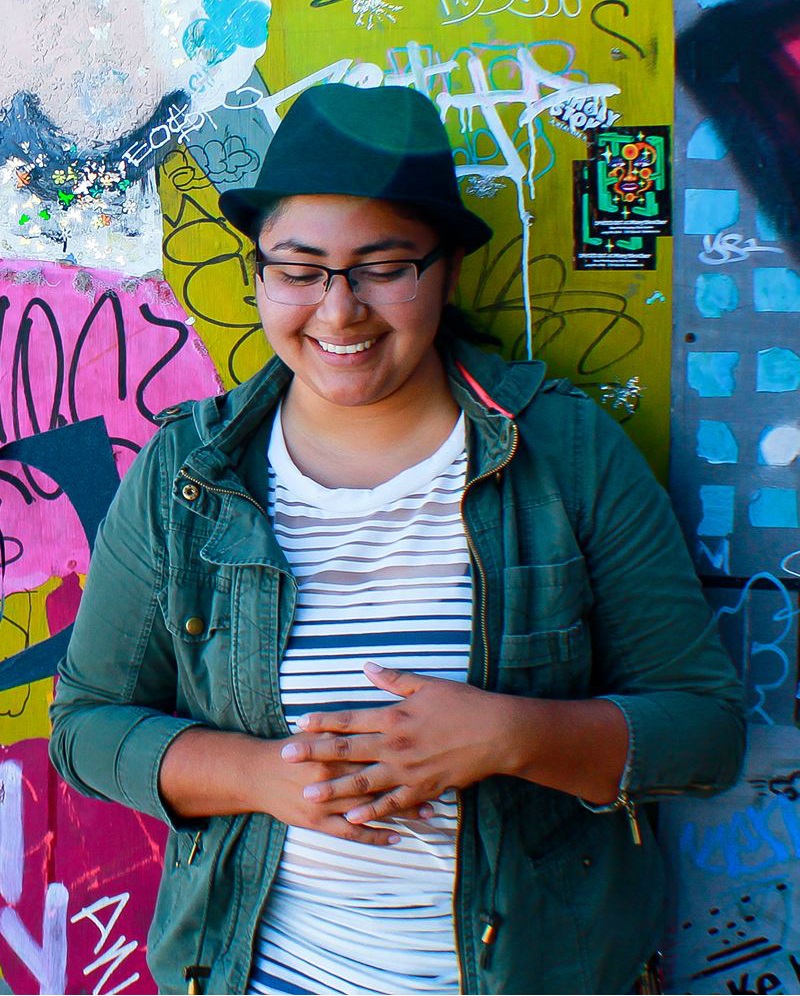
BÁRBARA OCHOA
Bárbara Ochoa (they/elle pronouns) didn’t intend to go to the Bay area. It just sort of happened. “I was already planning on working with queer and trans youth of color,” they recall. “It was just a question of when and where.”
Bárbara graduated from the U in 2015. That was also the year they served as a site leader for an alternative break focused on queer and trans justice. In 2014, they had been a participant on the same trip and were thrilled to be leading the LGBTQIA*/Human Rights site on their last year at the U. “Alt breaks really gave me an opportunity to identify which organizations reflected my own world and my own experience,” they recall. “I was surprised at how the break trips created a foundation or map for me of the kind of organizations that exist in the Bay area.”
Today, Bárbara serves as the Queer and Trans Youth Center Coordinator for Health Initiatives for Youth. They work closely with the San Francisco Unified School District and the Oakland Unified School District in facilitating workshops and support groups for both middle school and high school LGBTQIA* youth of color. “Youth get overwhelmed by peer pressure and family expectations,” Bárbara notes. “So we try to work from a harm reduction perspective: creating a space that not only validates their struggles, but offers support to lower the impact of trauma and violence.” They also organize events at the youth center where queer and trans youth can participate in events, play video games, or just access wi-fi for homework. They also oversee a clothing closet where marginally housed or homeless youth can take any clothing materials they may need.
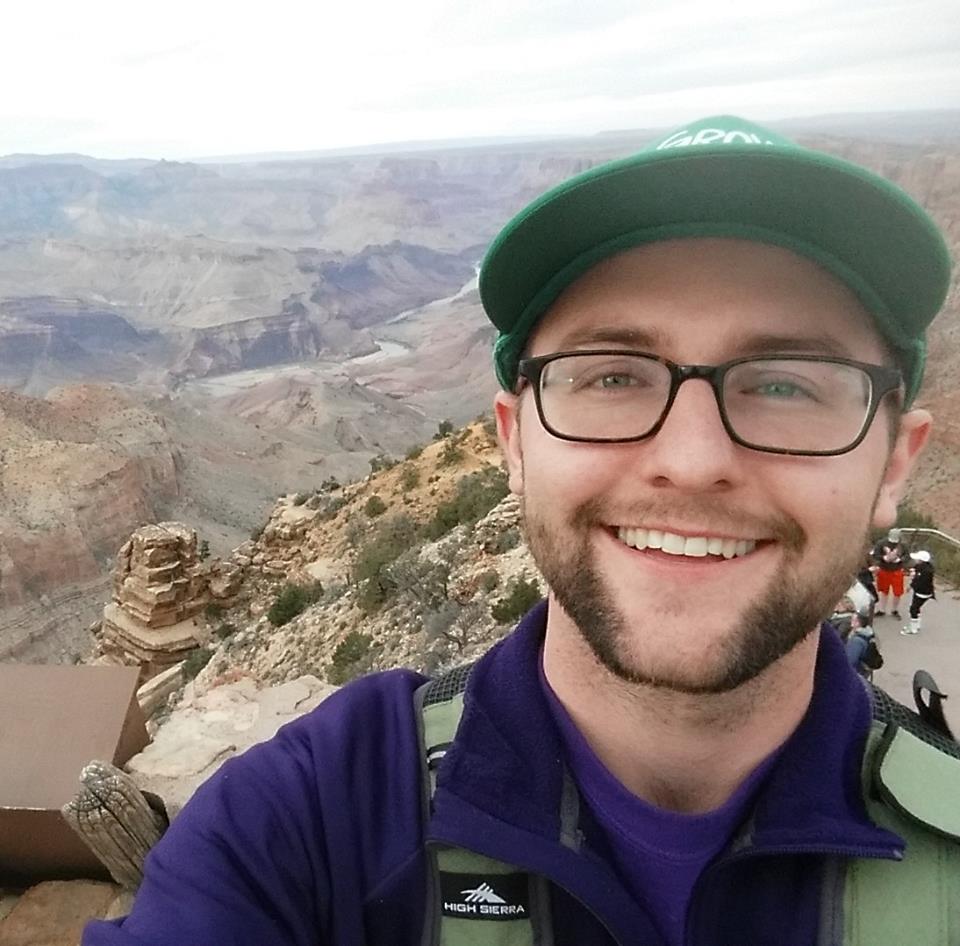
OLIVER ANDERSON
In 2014 Oliver Anderson was a newly minted U grad with bachelor’s degrees in sociology and human development and family relations. Today he’s the new coordinator of student involvement, leadership and orientation and Westminster College.
Oliver says the Bennion Center played a central role in his career trajectory. ”My lived experiences with the BC have impacted how I approach my experiences every day. I am more aware and conscious of my surroundings and how my actions impact my community. From environmentalism to human rights and advocacy, to even meeting someone new, the BC has given me the tools to respectfully and passionately engage the world.”
Oliver’s involvement with the Bennion Center began when he was a freshman. He volunteered on Legacy of Lowell and Project Youth. The next year he found himself helping to plan Project Youth and working on Saturday Service Projects. From there, Alternative Breaks became his passion. After his first experience as a participant, he spent the next two years as a site leader. “I enjoyed the opportunity of getting students from all backgrounds and studies united for a week of service. More than that, I loved brining the Alt Break experience back to the U and further spreading the knowledge that we students gained on our trip.”
Oliver says involvement at the Bennion Center gave him the chance to connect with individuals outside of his usual circles. “I was able to grow the love of continuous service and learn that I can connect with all folks who cross my path, regardless of our differences. Thanks to the BC, I am living more graciously, one step at a time.”
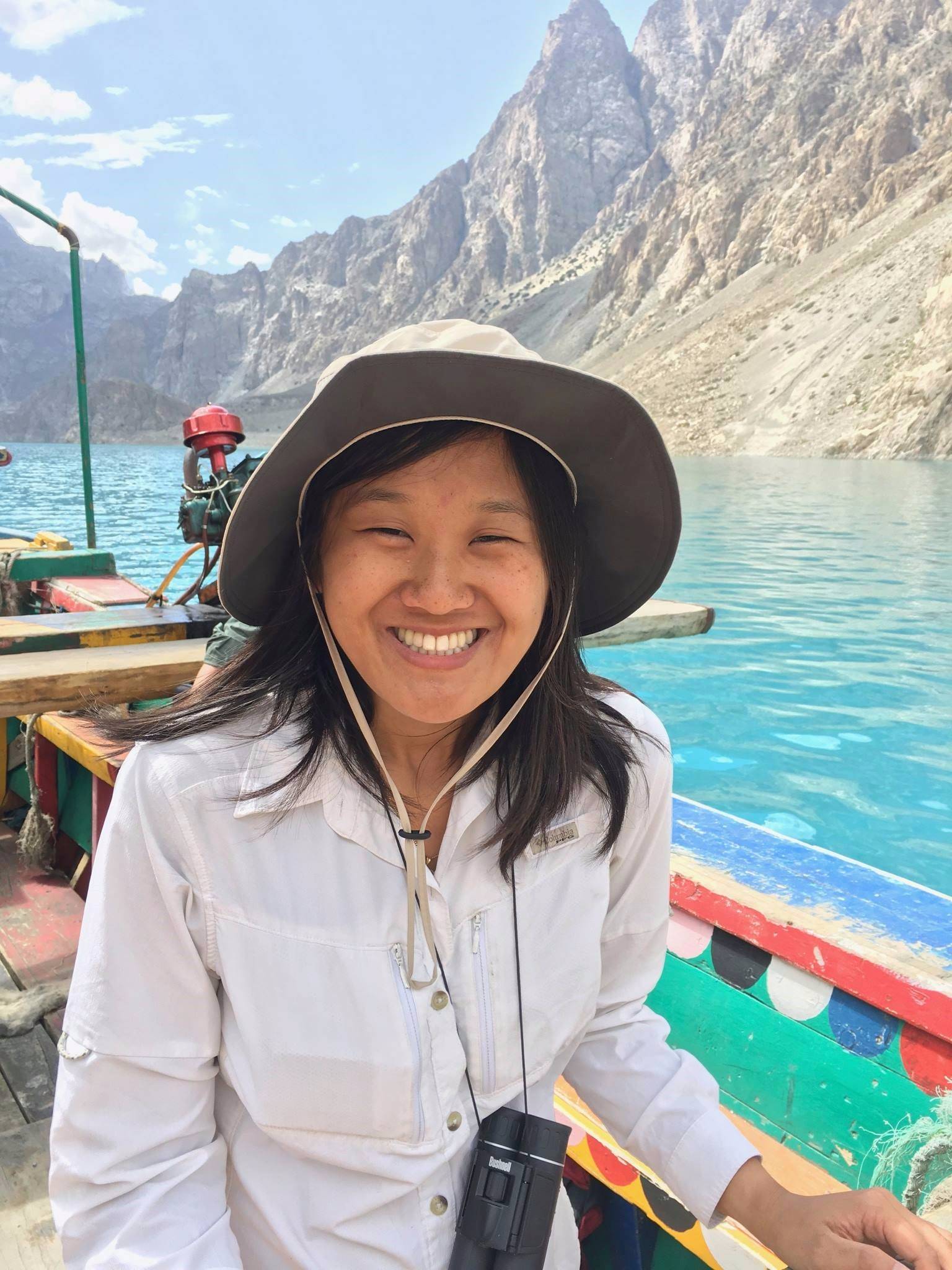
Katie Saiget
“Sometimes I think you have to be removed from your current situation in order to see what your reality is and be compelled to take action.” Katie Saiget says that’s what she gained from her first Alt Breaks experience. A friend convinced her to come along on a community engagement trip to Arcada. Katie says serving there gave her better perspective on the needs of her own community. “For me, it’s about awareness and action,” she says. “You see how to become more civically engaged and you feel a lot more empowered to take action.”
Katie used that empowerment to engage in an honors course led by then Bennion Center director Marshall Welsh. The course focused on rebuilding after Hurricane Katrina. Students had been in the cleaning up in the lower 9th Ward when they discovered family albums and keepsakes. “I remember sitting contemplating what would I do if something like that had happened to me. All of us as students were able to band together and express all of the emotions we felt but also gain so much perspective from people we would otherwise have never met. They gave us a world of perspective and we gave them our sweat for the day.”
Today Katie works in the tech industry. She uses her Bennion Center skills almost every day. “What the Bennion Center taught me was always staying curious and always defaulting to doing something with the knowledge that you have. At the Bennion Center I remember leading group reflections. It’s something I just recently brought to my leadership trainings I hold for my company.”
Katie is still volunteering too. She has served as a mentor to first gen students. She also helps immigrants complete their paperwork for citizenship. “I find myself really compelled to give back.”
